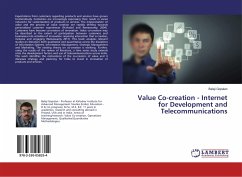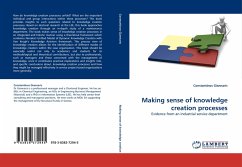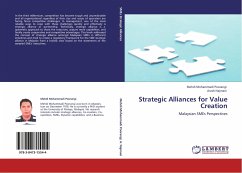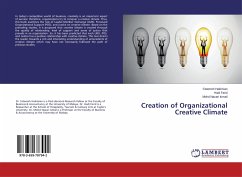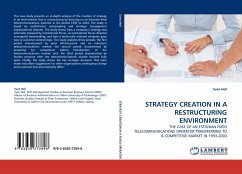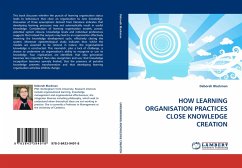
HOW LEARNING ORGANISATION PRACTICES CLOSE KNOWLEDGE CREATION
Versandkostenfrei!
Versandfertig in 6-10 Tagen
52,99 €
inkl. MwSt.

PAYBACK Punkte
26 °P sammeln!
This book discusses whether the pursuit of learning organisation status leads to behaviours that close an organisation to new knowledge. Discussion of three assumptions derived from literature indicates that developing learning processes may not automatically result in useful knowledge. Consideration of learning organisation models, power, potential system closure, knowledge levels and individual preferences suggests that instead the outputs may lead to an organisation effectively reversing the knowledge development cycle, effectively closing the system. Moreover epistemological study indicate...
This book discusses whether the pursuit of learning organisation status leads to behaviours that close an organisation to new knowledge. Discussion of three assumptions derived from literature indicates that developing learning processes may not automatically result in useful knowledge. Consideration of learning organisation models, power, potential system closure, knowledge levels and individual preferences suggests that instead the outputs may lead to an organisation effectively reversing the knowledge development cycle, effectively closing the system. Moreover epistemological study indicates that, whilst the models are assumed to be rational in nature, the organisational knowledge is constructed. This mismatch, plus a lack of challenge, is shown to undermine an organisation's ability to recognise or use its knowledge. Four implications are identified: that idea generation becomes less important than idea recognition and use; that knowledge recognition becomes severely limited;that the presence of putative knowledge prevents transformation and that developing learning organisation activities inhibits change.





